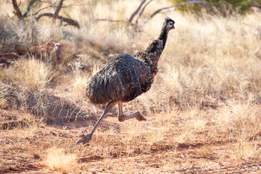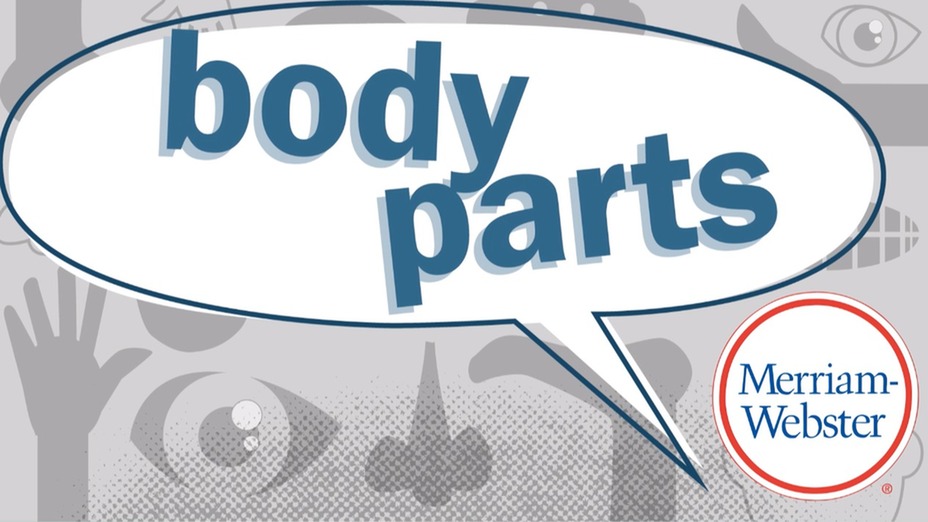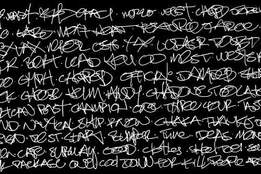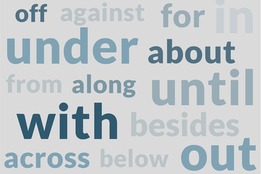You know what it looks like… but what is it called?
TAKE THE QUIZ
: a word that characteristically is the grammatical center of a predicate and expresses an act, occurrence, or mode of being, that in various languages is inflected for agreement with the subject, for tense, for voice, for mood, or for aspect, and that typically has rather full descriptive meaning and characterizing quality but is sometimes nearly devoid of these especially when used as an auxiliary or linking verb
verbed; verbing
: to use (a word and especially a noun) as a verb : to make (a word) into a verb
Love words? Need even more definitions?
Merriam-Webster unabridged


A daily challenge for crossword fanatics.
TAKE THE QUIZ
















Share